There are a few main culprits for causing illness in chickens as below:
Mycoplasma, is a bacterial infection mainly attacking and affecting the respiratory system, this is usually treatable with Tylan antibiotic and not often fatal if caught and treated in good time.
Worms and Parasites, regular treatment will prevent serious infestations.
Marek’s, this is a particularly nasty viral disease that is fatal, there is no cure so ensure you buy only vaccinated birds to prevent this illness, it is highly contagious so is known to decimate an entire flock very quickly.
Bumble foot, a nasty bacterial infection in the foot, this can cause lameness, and sepsis which is a blood infection, it can be fatal if not treated quickly and the infection removed, if caught early you may not need an antibiotic but if left too long you will need to treat with antibiotics to prevent blood infection.
Internal infections, this can be caused by many reasons, but is usually presented with lethargy, loss of appetite and in some cases bright green or yellow poo or discharge form the vent. Antibiotics are usually the main course of treatment and a vet visit will be needed.
Egg peritonitis or egg binding, this is where there has been an error in the egg production, an egg may be mal formed and stuck in the hen’s reproductive system, this can result in internal infection and death.
Blocked, soured or impacted crop, the crop is a pouch on the chicken’s chest and their primary digestion, chickens have no teeth so the food they eat first sits in this pouch and is slowly broken down with enzymes before it reaches the gizzard. If this pouch gets blocked or obstructed old food sits here and can become soured, then infected, if the crop is completely blocked this will happen along with slow starvation. Best course of action is to
flush the crop.
Prolapse of the vent, this is where the internal part of the chicken’s vent prolapse out, this can be treated if not too serious and the prolapse put back in, but in most cases will re prolapse and is usually cause for euthanasia.
Coccidiosis or Coxy, is a parasitic infection that can affect the intestines of chickens. The most common symptom is yellowish droppings and blood from the vent, it is usually only found in younger birds and is a direct result of a dirty environment or from wild bird poo as it is ingested usually from infected faecal matter.
Avian Influenza (HPAI) is often considered the most significant poultry disease because of the number of domestic poultry the virus kills annually and is a highly contagious pathogen. There is currently no treatment and it is 100% fatal, there is also currently no vaccine
available for domestic poultry.
We have many helpful resources on this website for chicken health and care, please take a look at our chicken health care page for more information. You can also use our health checker questionnaire which may be able to pin point a specific illness. Failing this and you’re you are still worried about your chicken please send us some information to our team via email (insert email), it is very helpful for us if you can also send photographs or a video of your poorly hen.

